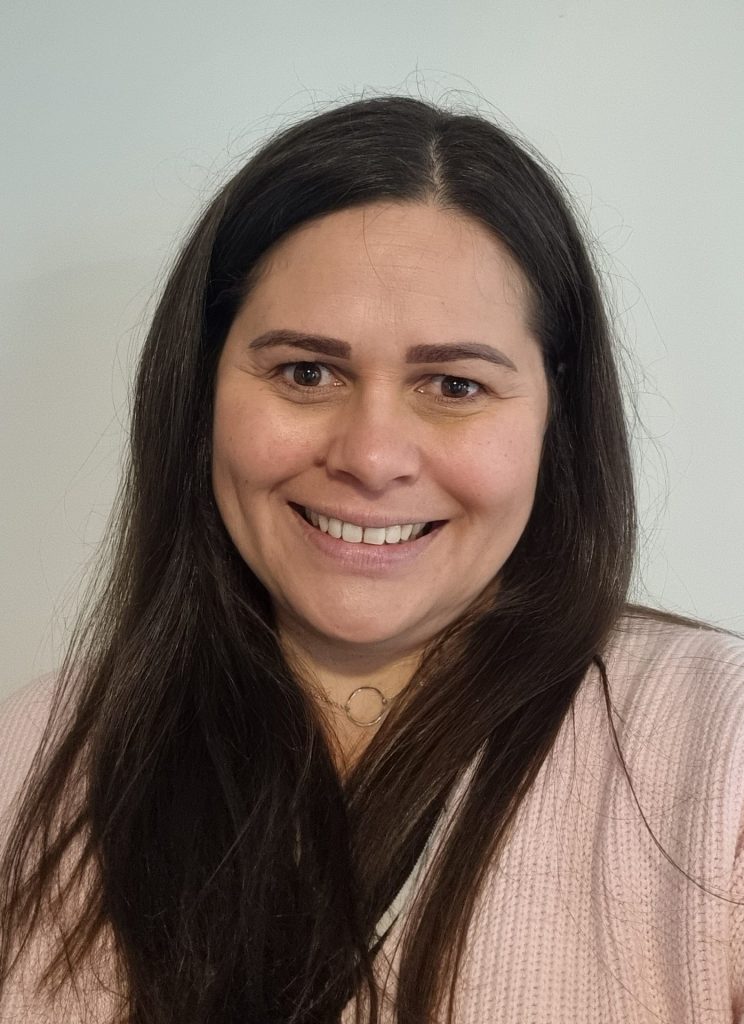Ngā Pī Ka Rere spotlight: Karla Carey, interrogating the use of kaitiakitanga in policy
Karla Carey has arrived in environmental stewardship through growing her passion for psychology and her interest in her Māori culture. We welcome Karla, a Master’s student at Massey University, to the Empowering Kaitiakitanga & Environmental Stewardship team.
Karla Carey became interested in psychology through her vocation as a public servant. About ten years of this career was spent as an intelligence analyst for the New Zealand Security Intelligence Service.
“I was quite interested in the human behaviour aspect of what motivated people to join extremist groups,” says Karla.
She studied extramurally through Massey University while working full time and starting a family with her husband. Through her studies, she became interested in social inequities and injustices within New Zealand. At the same time, she was learning about her Māori culture, especially Te Ao Māori and mātauranga Māori.
“One thing that I really identify with in Te Ao Māori is the balance between all things,” says Karla. “We are here as caretakers for our future generations.”
Her growing interests in social justice and her Māori culture inspired Karla to pursue postgraduate studies. She will be using her psychology major and her linguistics minor in her research within Empowering Kaitiakitanga & Environmental Stewardship. Her thesis will explore the language of kaitiakitanga, how government uses the word in policy, and whether it is incorporated into policy with the full intent to honour its meaning.

“From working in government myself, I’ve seen that sometimes what is said doesn’t always match what ends up happening,” says Karla.
She has seen evidence of this in how Māori are consulted during the drafting of policy.
“Often the consultation will happen after the policy has been through all of its different reviews and checks,” says Karla. “By the time they consult the relevant iwi or hapū, it’s too late to actually make the changes that they need to be genuine in their intent to be a treaty partner.”
For her Master’s, Karla will be speaking with iwi in Wellington to gain their perspectives through pūrākau (storytelling). From this, she will seek understanding about what kaitiakitanga is to iwi in Wellington and how they are impacted by the use of kaitiakitanga in policy. She is still deciding on how she will interrogate the policies themselves.
“I’m not sure if it will be interviews with policy makers or discourse analysis on the policies, which would include looking at the mechanisms around the policy as well,” says Karla.
She already has many questions based on her preliminary reading of the National Policy Statement for Freshwater Management 2020.
“It says one of the six principles is kaitiakitanga, and then it says that iwi have an obligation to give effect to katiakitanga,” says Karla.
“What does the government mean when they say they want Māori to have kaitiakitanga over water sources? When iwi are given that responsibility, what legal recourse do they have to support the obligations that are imposed on them? At the moment, they can only encourage or support those behavioural changes and lead by example. How can you give someone an obligation that they don’t have any way of enforcing?”
We are interested in the answers Karla will uncover along the course of her Master’s, and we welcome her to Empowering Kaitiakitanga & Environmental Stewardship.
Jenny Leonard
October 2022